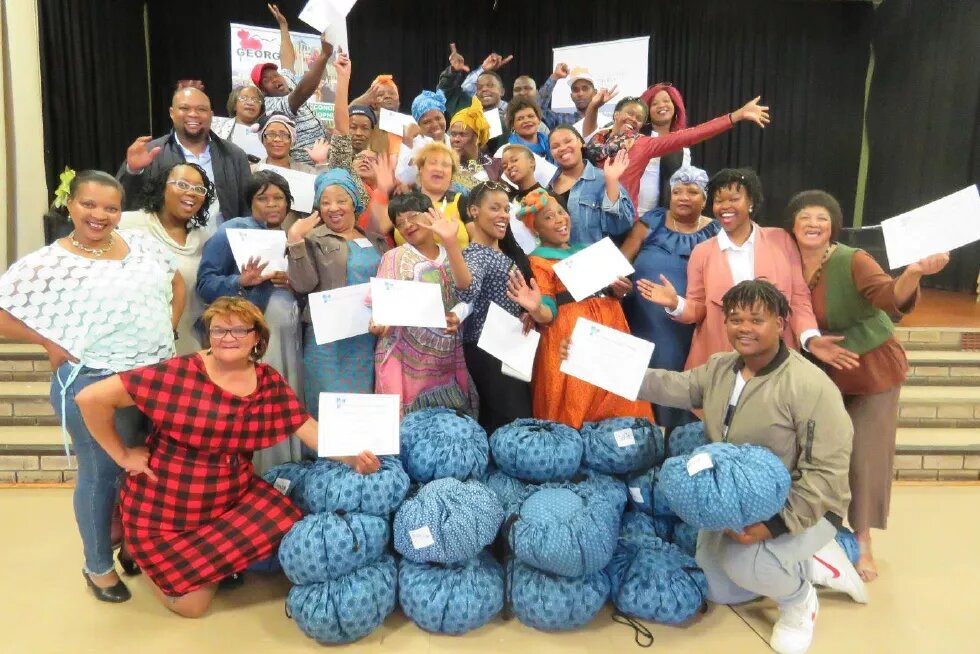
The lack of or limited access to safe reliable and affordable forms of modern energy results in the use of inferior and polluting fuels such as wood, coal, candles and paraffin to meet primary household energy needs, all of which pose severe health threats and safety risks. The use of multiple forms of unsafe fuels is particularly widespread in informal settlements including those households living in backyard shacks, due to lack of access to electricity and severe poverty (affordability). Women and children are particularly vulnerable as they use these unsafe fuels and appliances to meet the primary household energy needs, notably cooking, heating and lighting. Furthermore, because women spend substantially more time and energy on unpaid care and domestic tasks, women typically tend to forego opportunities to actively engage in income-generating and livelihood enhancing activities. Therefore, energy poverty in female-headed households is particularly severe as fewer women are employed and those that are, generally earn less than their counterparts.
In light of the context described above, this project intends to support and dovetail with SEA’s current HBS funded Africa’s Energy Future Project, which aims to capacitate George Local Municipality and low-income households in George on energy use and sustainable energy technologies, in order to co-develop gender-sensitive sustainable energy solutions and strategies for low-income households.